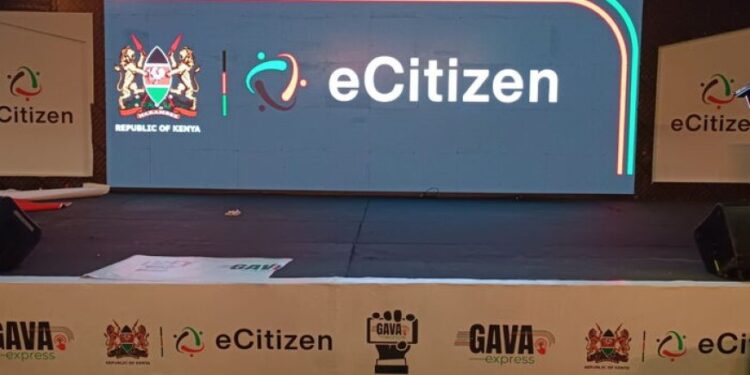Court Blocks Mandatory School Fee Payments Through eCitizen Platform.
The Kenyan government’s directive requiring parents to pay school fees through the eCitizen platform has been overturned by the High Court in Nairobi.
On Tuesday, the court ruled that the decision lacked legal foundation, marking a significant setback for the government’s digital payment plan for educational fees.
eCitizen is an online platform designed to provide government services to citizens in Kenya. However, Justice Chacha Mwita of the High Court ruled that mandating parents to pay fees and other levies for all government schools through the platform was unlawful.
He argued that the directive had no legal backing and that the Sh50 convenience fee imposed on payments amounted to an unfair double charge. The judge further stated that the imposition of such fees without clear accountability or an explanation about the recipient of the fee was unreasonable.
“This is irrational and unconscionable. There was also no explanation regarding who would receive the convenience fee and what it is used for making the charge unlawful,” said the judge.
Justice Mwita emphasized that the decision to force parents into using the eCitizen platform was made without public consultation and violated constitutional safeguards. He also pointed out that school fees are not considered government revenue, making the directive particularly contentious.
Furthermore, the ruling highlighted that many parents who lack access to the internet or mobile phones could face discrimination under this new mandate, violating their rights and expectations.
The judge questioned the integrity of the eCitizen payment system, pointing out concerns over its ownership and transparency. He also raised alarms about the potential data security risks for users, claiming that the system’s use could compromise citizens’ privacy and rights.
Implications for Parents and Schools
The court acknowledged that compelling parents to use a platform with uncertain integrity could create financial challenges for schools, especially in cases of delayed or partial payments. The judge stressed that such a system could lead to further financial instability within the educational sector.
“The court comes to the following conclusions; first there was no legal basis for directing parents to pay school fees through the eCitizen platform.
The case was brought before the court by Dr. Benjamin Magare-Gikenyi, a surgeon from Nakuru, who challenged a directive issued on January 31, 2024, by the then Education PS, Belio Kipsang.
Read Also: Senators Demand Immediate Payment of Sh64bn School Capitation Arrears from Govt
The directive required that parents, guardians, and students pay school fees via eCitizen. Dr. Magare-Gikenyi argued that the decision was made without adequate public participation, violating both statutory and constitutional requirements.
In his judgment, Justice Mwita affirmed that the directive violated both the constitution and stakeholders’ rights in the education sector, given the lack of engagement with relevant parties and the unaddressed challenges facing many families.
Despite the court’s ruling, President William Ruto had previously expressed strong support for the move, suggesting that the eCitizen platform would help eliminate illegal levies imposed by schools. While on a tour in Tokyo, he emphasized that cash payments could lead to corruption, and the platform was seen as a necessary step to reduce such abuses.
Court Blocks Mandatory School Fee Payments Through eCitizen Platform.



Discussion about this post